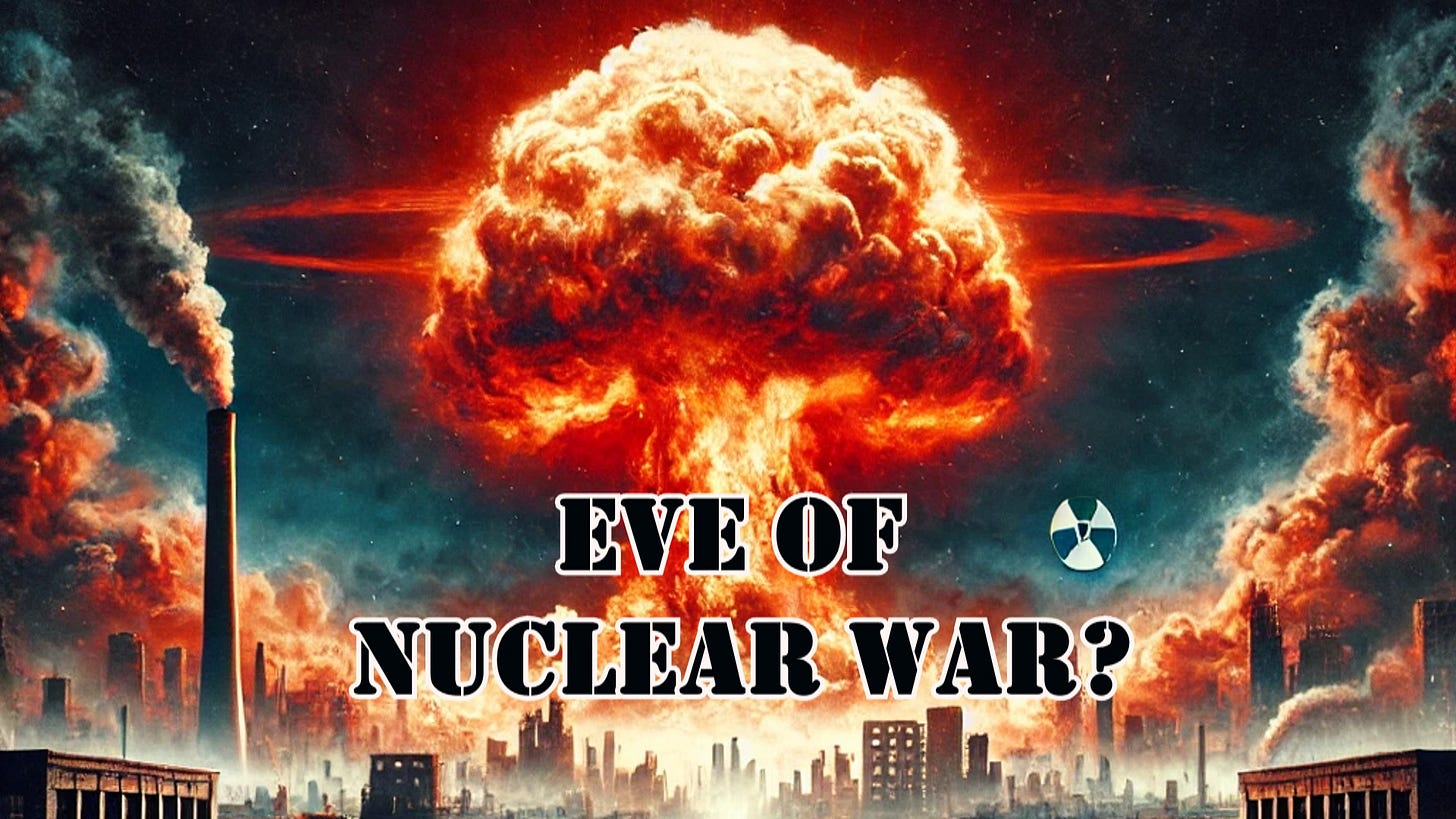Recent geopolitical developments have intensified concerns about the potential for nuclear conflict, particularly involving Russia and Western nations. The ongoing Russia Ukraine War, combined with shifting nuclear policies, has led to increased tensions and speculation about the possibility of nuclear escalation. While the risks have risen, many experts suggest that a full-scale nuclear war remains unlikely.
Russia’s Evolving Nuclear Doctrine
In a significant policy shift, Russian President Vladimir Putin updated the country’s nuclear doctrine, explicitly allowing for the use of nuclear weapons in response to conventional attacks backed by nuclear-armed states. This change followed the U.S. decision to provide Ukraine with long-range missiles capable of striking deep into Russian territory. The move was met with fierce criticism from Moscow, which has framed such support as an existential threat.
"Russia’s doctrine change reflects their growing insecurity," says Dr. Elena Sokolov, a geopolitical analyst specializing in Eastern Europe. "Putin is sending a message to both NATO and Ukraine: that any significant conventional attack could have catastrophic consequences."
The Risk of Escalation
The updated doctrine raises concerns about miscalculation. A conventional conflict could escalate to a nuclear one if either side misinterprets actions as an existential threat. However, analysts believe that Russia’s nuclear threats are primarily strategic rather than indicative of a genuine intent to use such weapons.
"Russia understands the catastrophic consequences of a nuclear exchange, not just for their adversaries but for themselves," explains Mark Thompson, a former Pentagon advisor. "Their rhetoric is designed to deter Western involvement, not to signal an immediate strike."
Western Response
Military experts caution against overreacting to Moscow’s threats, which could escalate the situation further.
"While we should take these threats seriously, we must also recognize that they are often a tool for psychological warfare," says Dr. Carla Nguyen, a senior fellow at the International Peace Institute. "The real goal is to instill fear and division within Western alliances."
Russian Perspectives
Within Russia, some officials and analysts have made statements that further complicate the situation. Dmitry Medvedev, Deputy Chairman of Russia's Security Council, has warned that any significant Ukrainian offensive could force Russia to use nuclear weapons. He stated, "Imagine if the... offensive, which is backed by NATO, was a success and they tore off a part of our land, then we would be forced to use a nuclear weapon."
A Complex Geopolitical Landscape
The war in Ukraine War has added layers of complexity to global security. Western nations continue to supply military aid to Ukraine, prompting warnings from Russia about "red lines" being crossed. Despite these tensions, diplomatic efforts remain active. U.N. Secretary-General António Guterres recently called for renewed dialogue between nuclear powers.
"The situation is precarious but not unmanageable," says Prof. Henry Davies, a nuclear policy expert at King’s College London. "History has shown that even during the Cold War, adversaries understood the importance of avoiding mutual destruction."
The Role of Miscalculation
One of the gravest dangers in the current geopolitical climate is the potential for miscalculation. A misunderstanding or accidental escalation could lead to unintended consequences.
"We’re in a dangerous phase of brinkmanship," notes Rachel Stern, an analyst at the Brookings Institution. "Both sides are engaging in high-stakes signaling. The key is to ensure that lines of communication remain open to prevent unintended escalation."
Conclusion
While the specter of nuclear war has undeniably grown in recent months, the consensus among experts is that a full-scale conflict remains unlikely. The situation demands careful management, ongoing diplomacy, and clear communication to avert potential disaster and bring peace.
As the world watches developments in the Ukraine war and beyond, the focus remains on preventing the worst-case scenario: a nuclear conflict that would reshape humanity’s future.





Thanks for your great work Patrick!
We've shared the link on our daily report.
A Skeptic War Reports
https://askeptic.substack.com/
Well written, Mr. Lancaster. I agree with your conclusions.